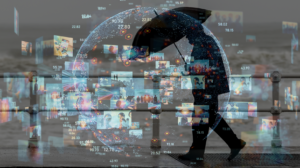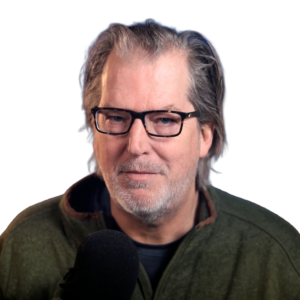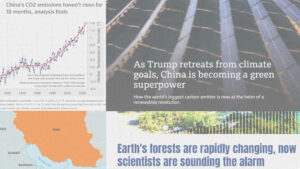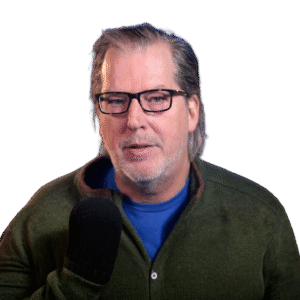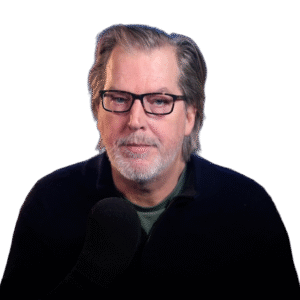
#78 | Frankly
A Brief Clarification on Human Behavior
Description
Two weeks ago, in a Frankly called The Battles of Our Time, Nate commented on human behavior and said that, in today’s world, only three to four percent of humans are going to do the right thing and appeal to the ‘better angels’ of their nature. Today’s Frankly is a follow-up and clarification of what he meant.
It’s true that humans are deeply influenced by our evolutionary past. It is also true that our current economic structures, cultural norms, and the inner workings of the superorganism shape our actions. But the majority of our history as a species paints a more optimistic picture than our current behavior might suggest.
If we take a deeper time lens, it becomes obvious that, in order to navigate the challenges of the future, perhaps we need not look to technological innovation – but instead must return to the intrinsic values and pro-social nature of our past. Ultimately, we as individuals, and as a species, are plastic. The biggest predictor of our behavior is conforming to what others do, and what others do is going to change in the future… because it must.
In French, we have a motto that says that a simple drawing is often better than a long explanation. Jean-Marc Jancovici Carbone 4 President
That’s very understandable because with left atmosphere thinking, one of the problems is that you see everything as a series of problems that must have solutions. Iain McGilchrist Neuroscientist and Philosopher
We can’t have hundreds and hundreds of real relationships that are healthy because that requires time and effort and full attention and awareness of being in real relationship and conversation with the other human. Nate Hagens Director of ISEOF
This is the crux of the whole problem. Individual parts of nature are more valuable than the biocomplexity of nature. Thomas Crowther Founder Restor
Show Notes & Links to Learn More
Download transcript00:38 – The Battles of Our Time Frankly
01:12 – Evolution’s impact on human brains
01:46 – 290,000 years of human history
02:15 – Social reciprocity in the animal kingdom
04:56 – Dark Triad
06:38 – Humanity’s intrinsic value for cooperation
07:08 – The Myth of Homo Economicus
07:54 – Robert Sapolsky on The Great Simplification
08:15 – Benefits of believing in free will
09:28 – Human plasticity
09:35 – Biggest predictor of human behavior is conforming to what others do

